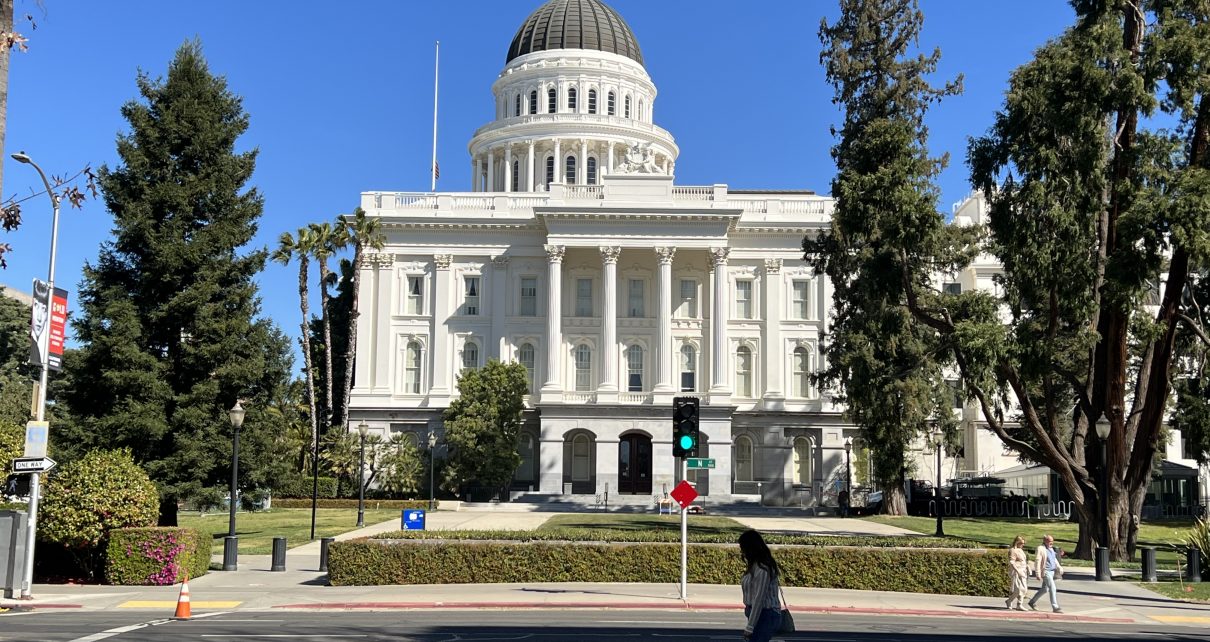
California State Capitol on March 11, 2022. (Photo: Kevin Sanders for California Globe).
Is There a Difference Between Vagueness and Ambiguity?
Should a distinction be drawn?
By Chris Micheli, October 21, 2022 2:43 pm
In the interpretation of a statute, is there a difference between statutory language that is vague or statutory language that is ambiguous? Is there a legal distinction between the two? Some legal commentators and judges draw a distinction between a vague statute and an ambiguous statute, while others believe the two terms are synonymous – both mean the statute lacks clarity. Should a distinction be drawn?
Harvard Law School Professors John Manning and Matthew Stephenson explain the basic distinction between the two terms as: “’Ambiguity’ refers to situations in which a word or phrase can plausibly convey more than one specific meaning…’Vagueness’ refers to language that is open-ended, and requires judgment calls about borderline cases whose inclusion or exclusion cannot be determined by reference to semantic meaning.”
When interpreting a vague statute, a judge may recognize that a statute could be intentionally vague by the use of general terms (or those that may be further defined or refined by an executive branch agency through its rulemaking), while interpreting an ambiguous statute may require the judiciary to
This issue often results in a court having to examine legislative history and intent to try and ascertain the meaning of the ambiguous or vague statute. Ambiguity may be easier to ascertain the intent of the legislature. But a statute may be unconstitutionally vague, for example. That is a measure that cannot be interpreted, let alone be enforced. As a result, the distinction between the two terms could prove an important one.
- Sabotage Prevention Act - December 14, 2024
- Why Would the Legislature Request? - December 13, 2024
- A Different Type of Legislative Statement? - December 12, 2024





One thought on “Is There a Difference Between Vagueness and Ambiguity?”